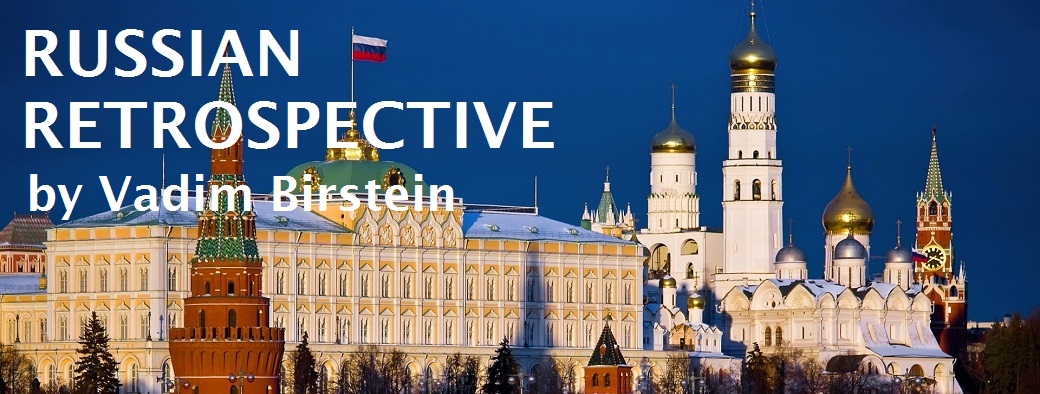Angus Roxburgh is a British distinguished foreign correspondent. He knows Russia well: in the 1980s, he was the Sunday Times Moscow correspondent until he was expelled from the Soviet Union accused of espionage; in the 1990s, he was back to Moscow as the BBC’s Moscow correspondent. Later he worked as an advisor and speechwriter for Putin’s communications team. His knowledge of Russia and the Kremlin’s inner circle allowed Roxburgh to publish a series of books, the last of which was The Strongman: Vladimir Putin and the Struggle for Russia (2013).
On June 30, 2017, Roxburg published an article in the newspaper Guardian about his recent visit to Moscow. In it, he gives, in particular, a unique description of the current Russian TV propaganda machine of hate, which I quote in full:
Back in Moscow we were invited by Anatoly Kuzichev, the host of a political talk show, to sit in the studio during a live broadcast on state television’s Channel One. Nominally the topic under discussion was the anniversary of Hitler’s invasion of the USSR on 22 June 1941 – but this was just a pretext for a hate session against Ukraine, Poland, and anyone who dared to criticise Russia.
In Nineteen Eighty-Four, citizens gather for “Hate Week”, where images of the state’s chief enemy are shown and the audience scream their hatred at him. Here, pictures of a man being arrested in Ukraine for carrying a Soviet flag flickered on the screen, and a token Ukrainian “expert” was allowed to explain why communist symbols are banned there. But within seconds she was shouted down by the two alpha-male hosts, who sneered at her, denouncing the Ukrainian government as Nazis and Russophobes. Her only role, it seemed, was to act as a punch bag. After the show I asked her why she agreed to put herself up for such humiliation. She turned away and refused to speak.
I turned to the hate-leader during a commercial break and asked her if she had read Orwell. She didn’t know who he was.
One of the presenters, Artyom Sheinin, a veteran of the Soviet war in Afghanistan, strutted around like an exploding parcel of boorishness and manufactured anger. He cursed the Polish parliament for voting to remove memorials to the Soviet occupation of their country. “I won’t shy from the word,” he said, “these people are bitches, animals … ” His lip curled as he spat the words into the camera.
Sitting next to me was a young floor manager, scarcely in her 20s, whose job was to orchestrate the applause. Whenever the hosts made some particularly venomous comment, she cracked her palms together – giving the signal for the audience to burst into applause – and then after about four seconds gave a circular “wind down” signal, which the audience also followed. I had seen shows like this on Russian TV, and found them distasteful and crude – but seeing it in action left me speechless. I turned to the hate-leader during a commercial break and asked her if she had read George Orwell. She didn’t know who he was.
The Russian writer Nikolai Gogol once described Russia as a troika – a three-horse carriage – admired by all the world as it thundered by. Admiration was what Putin once sought. When I worked as a consultant to the Kremlin in the early part of his rule I remember advising his chief propagandist that if they wanted to woo the west they should start by demonstratively turning their back on communism and reaching out to the countries they once occupied. These days Russia woos like a gangster, not a lover. From what I saw, the Russian troika is now hauled by three old nags, xenophobia, fear and intimidation, hurtling back to a discredited past.
